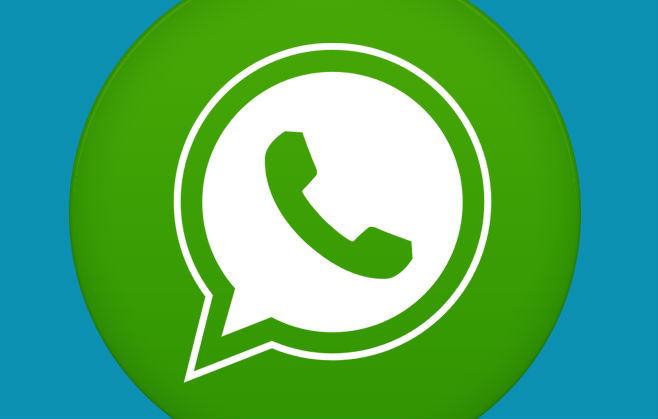
Private social channels- what’s next for brands?
As regular watchers of BBC news, we at The Practice were interested to notice that in recent times, the organization has been imploring viewers to share their comments via services such as Skype and WhatsApp. With more and more companies reaching out to their audiences through private social channels, we were interested to explore the benefits.
While we’ve looked at the potential of SnapChat before, it’s not the only private social channel being used to engage fans. WhatsApp is coming to the fore, particularly being used by news channels such as the BBC, for user-generated content. The BBC World News topic, “World Have your Say”, also presented as #WHYS on Twitter and Facebook, has been especially instrumental in crowd-sourcing images, comments and videos through the app. The service predominantly kicked off following the BBC’s coverage of Typhoon Haiyan last year, after viewers in the Philippines were encouraged to share their footage and experiences through the app. As a more accessible and cheaper alternative for those without Internet access, WhatsApp has become a crucial part of the BBC’s social media strategy for reaching a global audience. Following on from this, the BBC has also been using private social channels to post current affairs, with BBC News India, for instance, using popular messaging app and competitor, WeChat, to broadcast the country’s general election earlier this year.
So which other companies are using WhatsApp to draw their audiences, and how are they going about this? Late last year, we were particularly impressed with Absolut Vodka’s use of the service. The Vodka company cleverly used WhatsApp for the launch of its new line, Absolut Unique, by imploring fans to use the app if they wished to gain access to the exclusive launch party held in Argentina. Absolut created a fictitious doorman named Sven, whom potential attendees had to convince via the messaging app. Clearly an interesting idea, and in what became heralded as one of the first WhatsApp marketing campaigns, the company managed to generate 600 applicants, whilst spreading the word about its launch.
So how might brands use WhatsApp in future? Aside from marketing campaigns and user-generated content, we imagine it will be the next step for customer service. Already, platforms such as Facebook in particular, function as a direct way for brands to offer solutions and answer queries, and we see WhatsApp potentially following suit. The fact that it is a private channel, makes asking personal questions all the more possible, while those acting on behalf of the brand can quickly reply with tailored responses, images, and videos, to convey a point. We imagine that the retail experience will be heightened too, if competitor, WeChat’s example is anything to go by. WeChat has an e-commerce feature within the app, allowing consumers the chance to shop products. As far as the overall brand experience goes, we feel that WhatsApp has the necessary features users need to connect, and for brands this means the potential to deliver a full service at some point in the future.
Do you think private social media forums such as WhatsApp are good ways for viewers to share their opinions in a more discreet way? And do you think they’re a viable alternative for reaching more remote fans? We’d love to hear your thoughts, so please tweet to us @PracticeDigital, and share them via our Facebook page.




